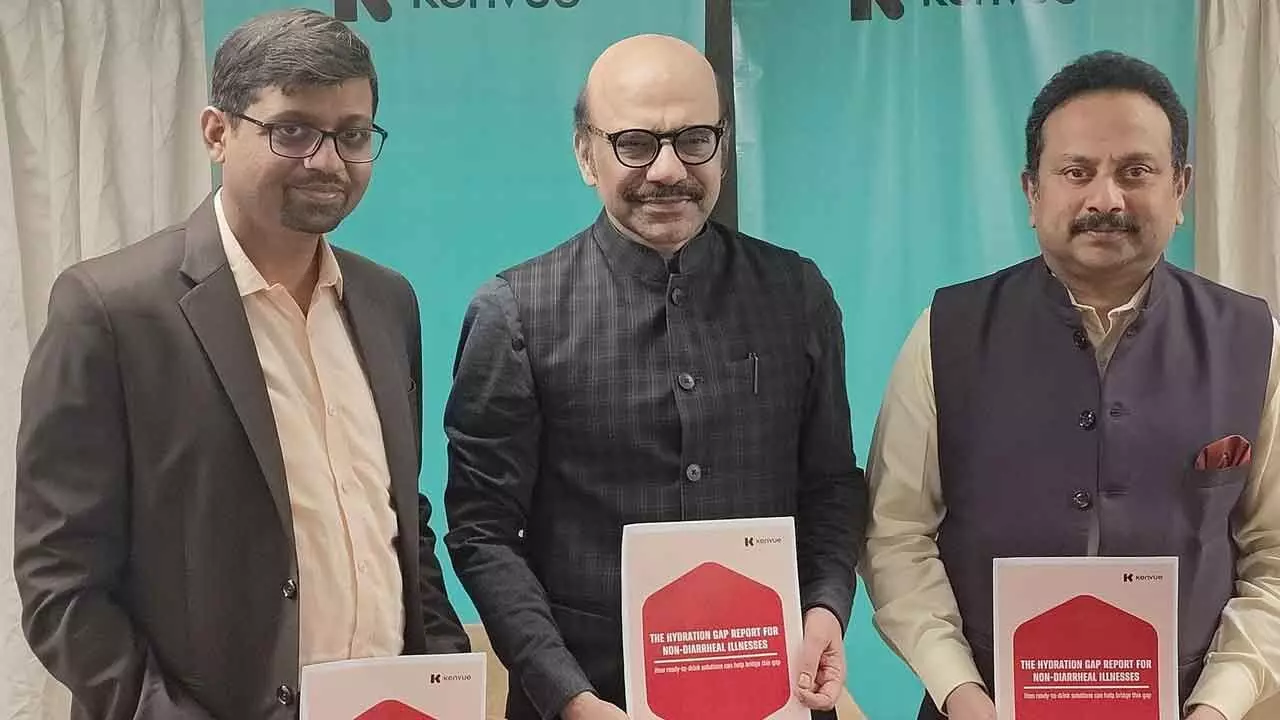Ready-To-Drink Solutions Key To Faster Recovery From Non-Diarrheal Illnesses
A new report by Kenvue reveals that only 3 in 10 physicians recommend fluids, electrolytes, and energy (FEE) solutions for these conditions, leading to delayed patient recovery
Ready-To-Drink Solutions Key To Faster Recovery From Non-Diarrheal Illnesses

Despite established guidelines for managing dehydration in diarrheal diseases, a significant gap persists in addressing dehydration in non-diarrheal illnesses such as fevers and respiratory infections. A new report by Kenvue reveals that only 3 in 10 physicians recommend fluids, electrolytes, and energy (FEE) solutions for these conditions, leading to delayed patient recovery.
The report is based on Indian expert panel recommendations and highlights a significant gap in awareness and practices regarding FEE management in non-diarrheal illnesses. Dehydration in such conditions is often overlooked and challenging to diagnose, with common indicators like skin turgor, dry tongue, reduced urination, and tachycardia frequently missed. Survey-led research revealed moderate knowledge among healthcare practitioners about non-diarrheal dehydration. While pediatricians rated FEE management as moderately to highly important, the use of FEE solutions remains limited. Experts stress the need for better protocols and education to improve treatment outcomes.
The report advocates for ready-to-drink (RTD) FEE solutions as the most effective option for rehydration. Compared to plain water, coconut water, or oral rehydration salts (ORS) powders, RTD formulations provide a balanced mix of electrolytes and energy. Studies show that 98 per cent of physicians find these RTDs more effective in accelerating recovery. Clinical findings support this view, with over 80 per cent of physicians agreeing that RTD FEE solutions enhance hydration and energy levels in patients with non-diarrheal illnesses. Adherence to FEE protocols, including written prescriptions, further boosts recovery times, with patients reporting improvements within 20 minutes to 24 hours of consumption.
Kenvue’s report underscores the importance of bridging the knowledge gap and integrating FEE solutions into treatment plans for faster recovery and improved patient outcomes.

